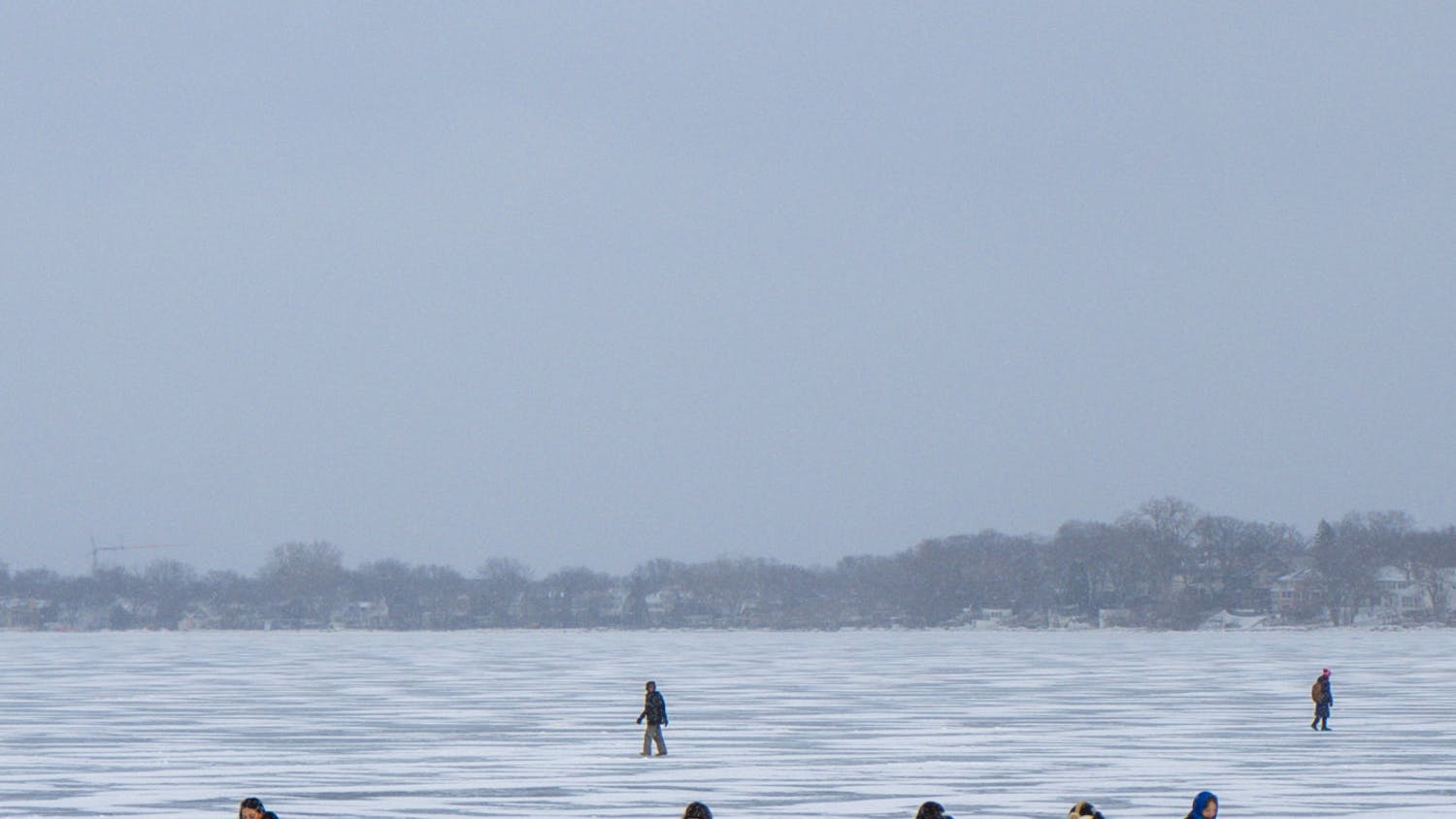The cold spell has broken (at least in Wisconsin terms), and students are beginning to turn their thoughts to that herald of spring, the Mifflin Street Block Party. Still many weeks away, it is one of Madison's resounding symbols of the school's famous embrace of our favorite legal drug. As people dream of Jaeger bombs and beer pong, however, I'd like to shift the conversation over to some of the non-legal drugs we've got here, and the penalties for possessing them.
But first, here's something to get people thinking.
Last week Madison police issued an official warning about the release of a violent sex predator into the community. The man in question, Lindon Knutson, is reported to have brutally raped 10 women, nine of them juveniles and most of them strangers. His most recent conviction was in 1994, and he has now been released with ""active community supervision.""
The man served approximately 12 years for violently raping someone. To put the sentence into perspective, that's how long someone convicted of ""possessing with intent to sell"" less than three grams of methamphetamine or heroin in Wisconsin can be put in prison for. You can get 10 years for intending to sell less than one gram of cocaine or LSD, and six years for seven ounces of marijuana. Am I the only one sensing something wrong here?
Drug laws in the United States are outrageous. Prison populations all over the country are ballooning out of control, hitting the two million mark at the start of the new millennium. Two-thirds of prisoners are incarcerated for non-violent offenses, mostly drug related.
Ignoring the recognized racism inherent in most drug sentencing, current drug laws are overtly unjust, putting non-violent drug offenders on the same level as murderers, kidnappers and rapists.
In 1986, Congress enacted federal mandatory minimum sentencing laws requiring judges to deliver extremely harsh sentences without regard to the offender's motivation, likelihood of recidivism or any other mitigating factors.
In New York, which implemented a draconian set of laws called the Rockefeller Drug Laws in 1973, simple possession of four ounces of drugs, like cocaine, carries a penalty of 15 years to life.
Prison overcrowding is a huge problem these days and the cost of keeping so many people incarcerated is enormous. Placement in drug treatment programs has been proven time and time again to have a much greater impact on recidivism rates and is a significantly cheaper alternative. Too bad it doesn't keep the law enforcement machine running the way imprisonment does. The war on drugs was the best thing to ever happen to law enforcement in this country. It's the best job security around.
This is why we have kids growing up with parents in prison. Think of all the things that could be done if the massive amounts of time, energy and resources going into the drug war were diverted into something else.
After-school programs for kids at risk, affordable housing in low-income neighborhoods, job training and job creation in areas where prostitution and drug dealing seem like the only available tools for survival, and cheap counseling and treatment programs for people not living in the suburbs are just a few examples.
Think about it: A man rapes 10 women and is back on the streets of Madison after 12 years in prison. Sell less than a gram of acid, and you can get stuck in prison for the next 10. And that's just in Wisconsin, which, compared to places like New York, California and Washington, D.C. almost seems reasonable. All I can say is our justice system is clearly schizophrenic.





